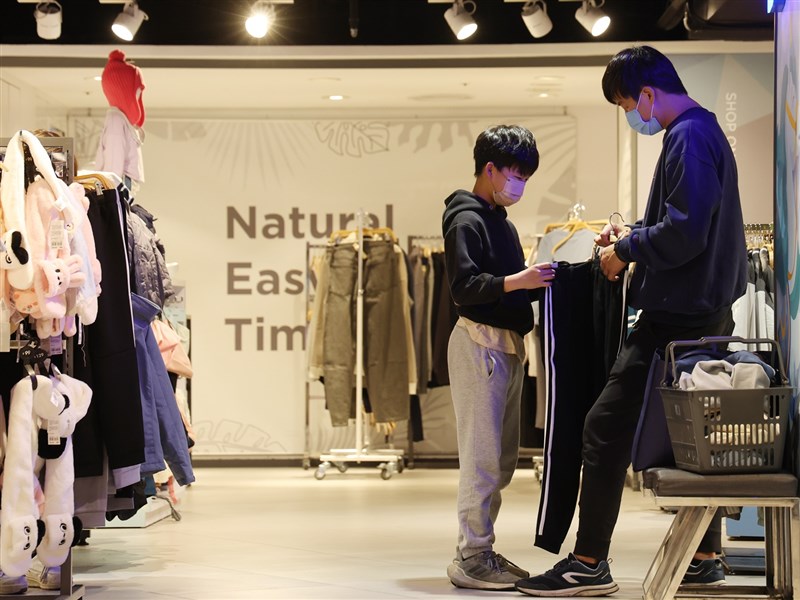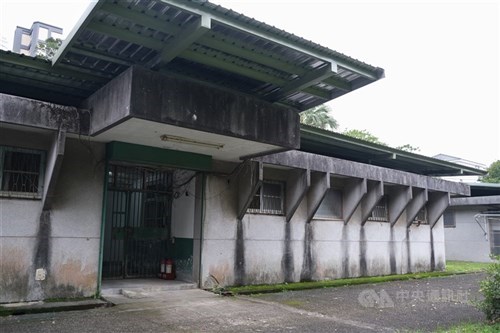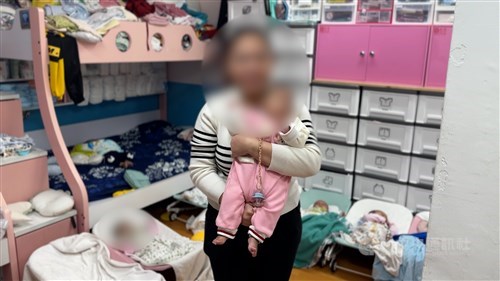FEATURE / The struggles and sacrifices of Taiwan's female migrant workers
01/27/2025 01:09 PM
"Nannan has two feet, and he's wearing new shoes... Nannan has one mouth that never stops eating..."
(Full text of the story is now in CNA English news archive. To view the full story, you will need to be a subscribed member of the CNA archive. To subscribe, please read here.)
More in FEATURE
-
![Beyond new clothes: Children in need get private LNY shopping session]() Beyond new clothes: Children in need get private LNY shopping sessionOutside the flagship store of Taiwanese apparel brand NET in downtown Taipei, a queue -- made up of children and their parents -- had formed well before regular opening hours, despite the chilly late-January morning.02/14/2026 04:03 PM
Beyond new clothes: Children in need get private LNY shopping sessionOutside the flagship store of Taiwanese apparel brand NET in downtown Taipei, a queue -- made up of children and their parents -- had formed well before regular opening hours, despite the chilly late-January morning.02/14/2026 04:03 PM -
![How a site of White Terror persecution became a human rights venue]() How a site of White Terror persecution became a human rights venueThe transformation of a dark remnant of Taiwan's authoritarian past into a venue for human rights education began in 2009, with the discovery of dozens of formalin jars containing human body parts inside an abandoned building in New Taipei's Xindian district.02/12/2026 08:24 PM
How a site of White Terror persecution became a human rights venueThe transformation of a dark remnant of Taiwan's authoritarian past into a venue for human rights education began in 2009, with the discovery of dozens of formalin jars containing human body parts inside an abandoned building in New Taipei's Xindian district.02/12/2026 08:24 PM -
![Undocumented migrant worker's high-risk birth exposes major medical gap]() Undocumented migrant worker's high-risk birth exposes major medical gapWhen an undocumented Indonesian caregiver living in Taiwan became pregnant in January 2025, she saw it as a blessing, even though it was unplanned.02/05/2026 12:35 PM
Undocumented migrant worker's high-risk birth exposes major medical gapWhen an undocumented Indonesian caregiver living in Taiwan became pregnant in January 2025, she saw it as a blessing, even though it was unplanned.02/05/2026 12:35 PM
Latest
-
Society
Liyu Lake pedal boat operator released on bail after 9-year-old drowns
02/20/2026 08:12 PM -
Society
Frontal weather systems forecast to impact Taiwan Tuesday evening
02/20/2026 07:34 PM -
Society
Vietnamese workers abroad mark Tết through video calls
02/20/2026 07:27 PM -
Culture
11 hospitalized after SUV loses control, crashes into oncoming vehicle
02/20/2026 06:27 PM -
Society
Soft hail falls on Hehuan Mountain
02/20/2026 03:51 PM


